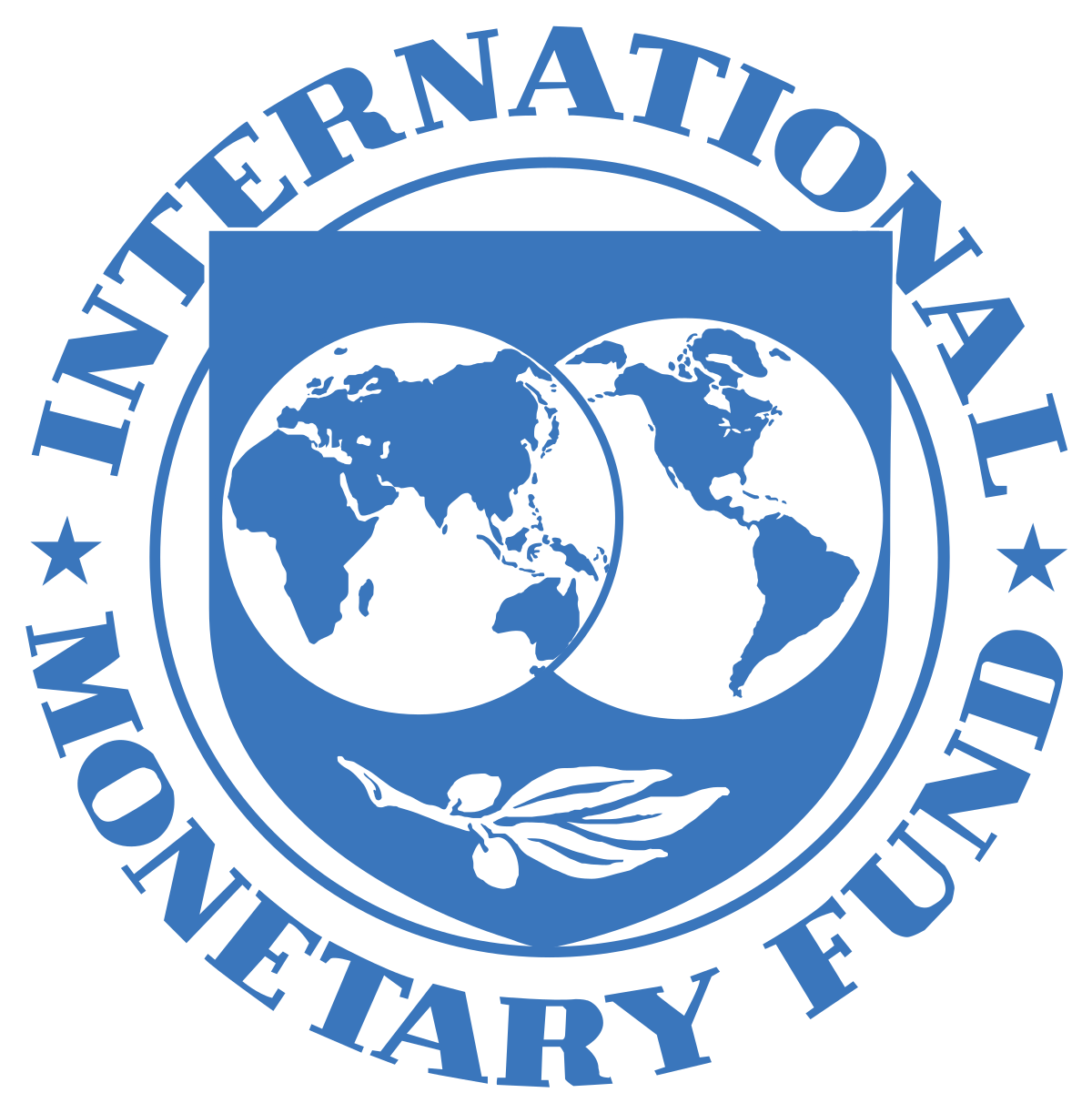
The recent IMF mission to Pakistan that reviewed Pakistan’s performance suggests that Islamabad has met most of the fiscal, monetary and other programme goals — with a few deviations here and there — with hopes the Fund will release the second tranche of $710m once the review is over.
Further, it appears that in case of further revenue gaps, the government is prepared to increase tax recovery from real estate to meet the full-year tax target of Rs9.4tr. The IMF is said to have assented to the proposal, but it remains unclear how much additional revenue the finance ministry wants to collect from retailers or the real estate sector.
According to news stories, the IMF’s major concerns pertain to possible interventions in exchange rate management, the role of the SIFC in attracting FDI in both green-field and brown-field projects through privatisation, and the government’s ability to raise bilateral and commercial loans to meet external financing needs.
According to most Pakistani economists the country will meet most IMF goals even if some concerns remain on SIFC plans and the materialisation of investment commitments in the Gulf countries.
The successful completion of the current program is critical for Pakistan to be able to secure its 24th loan – a bigger and longer-term bailout to put the economy back on the road to growth.
As an editorial in Dawn warned “As an economy that consumes more than it produces, Pakistan has repeatedly gone to the IMF for help because of decades of poor governance, bad economic policies and wrong priorities. The country’s chances of overcoming these chronic structural problems in the near to medium term outside the strict discipline the IMF imposes are slight if not impossible.”
![]()





